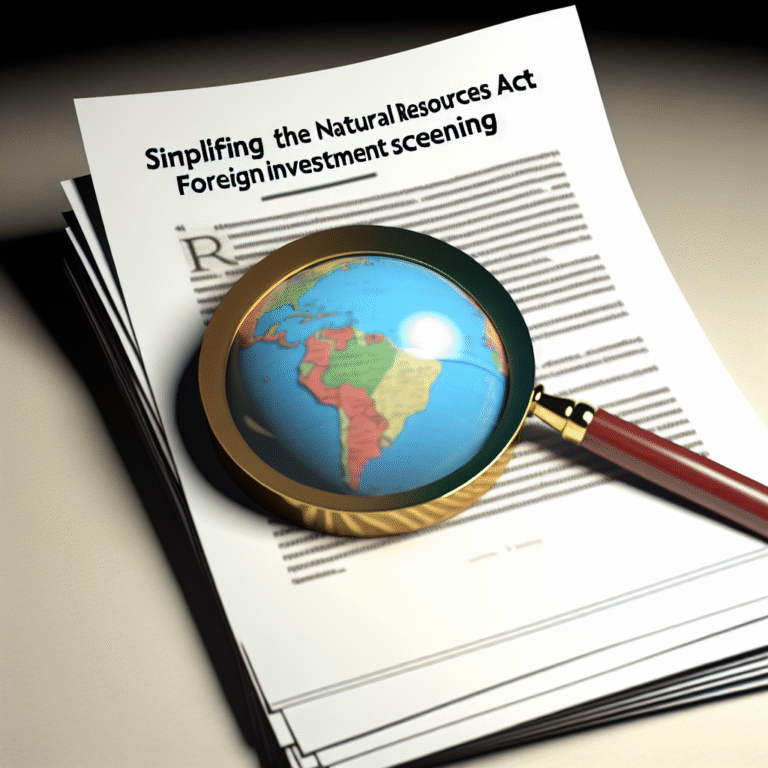Autumn Legislative Update: Investment Screening Act and Raw Materials Reform
As the autumn legislative session unfolds, the Naalakkersuisut has brought forward several proposals geared towards raw materials and business investment. A key focus is the introduction of an Investment Screening Act, designed to scrutinize foreign investments in Greenland’s most sensitive sectors. This proposal is set to be considered for the first time on November 12.
Expansive Authority
The Investment Screening Act, currently open for consultation until October 13, aims to empower the Naalakkersuisut with the authority to prohibit, deny, or revoke any investments deemed unsuitable. This initiative comes against the backdrop of heightened globalization. Specifically, the law targets all foreign investments intended to be made by international investors in Greenland.
Its scope is broad and applies to both individuals and corporations. The consultation materials underscore the necessity of this law by stating, “The purpose is to ensure that intervention possibilities under the Inatsisartut law extend beyond actual company investments. Concerns for Greenland’s security or public order may arise from various activities that do not involve acquiring ownership shares.”
Protecting Sensitive Sectors
Particularly sensitive sectors include the defense industry, IT security functions, and the processing of classified information. Additionally, the law covers companies involved in dual-use technology, critical infrastructure, hydropower, and autonomously owned enterprises. The Ministry of Business and Industry will oversee the investment screening through a newly created subordinate agency.
Estimates suggest that the establishment and operation of this screening framework, including necessary IT systems, will require an annual investment of approximately DKK 4 million.
Legislative Changes for Raw Materials
Meanwhile, points 23 and 24 of the autumn agenda, scheduled for initial review on October 15, propose amendments to existing laws governing raw materials. Currently, the Natural Resources Act and the Mining Act delegate certain responsibilities to the Danish Natural Resources Agency and the Danish Environmental Protection Agency. The new proposal seeks to abolish these provisions, thereby enabling a reorganization and more efficient processing of cases within the raw materials sector.
Transparency Concerns
During consultations held from July 2 to July 30, 2025, Transparency International Greenland raised alarms regarding potential implications of the proposed legislative changes. They expressed concerns that closing the Danish Environmental Protection Agency for the Mineral Sector could occur without public oversight: “Transparency International Greenland is worried that the draft does not adequately address the ramifications should the current or future Naalakkersuisut chair choose to dismantle the environmental agency.”
The organization also questioned whether there was a political intent to deprioritize environmental considerations, pondering if the objectives of the resource strategy could be better served by a lack of focus on environmental oversight related to mineral extraction.
Reassurances from the Government
In response to these concerns, the Department for Business, Raw Materials, Energy, the Justice Area, and Gender Equality reassured the public that the proposed legislative changes do not equate to an automatic closure of agencies. “This simply opens pathways for reorganization,” they stated. Importantly, the department confirmed that the separation of case processing for permits and environmental concerns will be upheld, ensuring that rights to appeal remain intact for decisions relating to nature and environmental matters.
As discussions unfold, stakeholders are keenly observing how these legislative changes will evolve and impact both the investment landscape and environmental governance in Greenland.
